“I (also) urge musicians to write using whatever means they choose and would suggest that means can affect results in a composition, but believe that some expression is possible using almost any means of musical creation.”
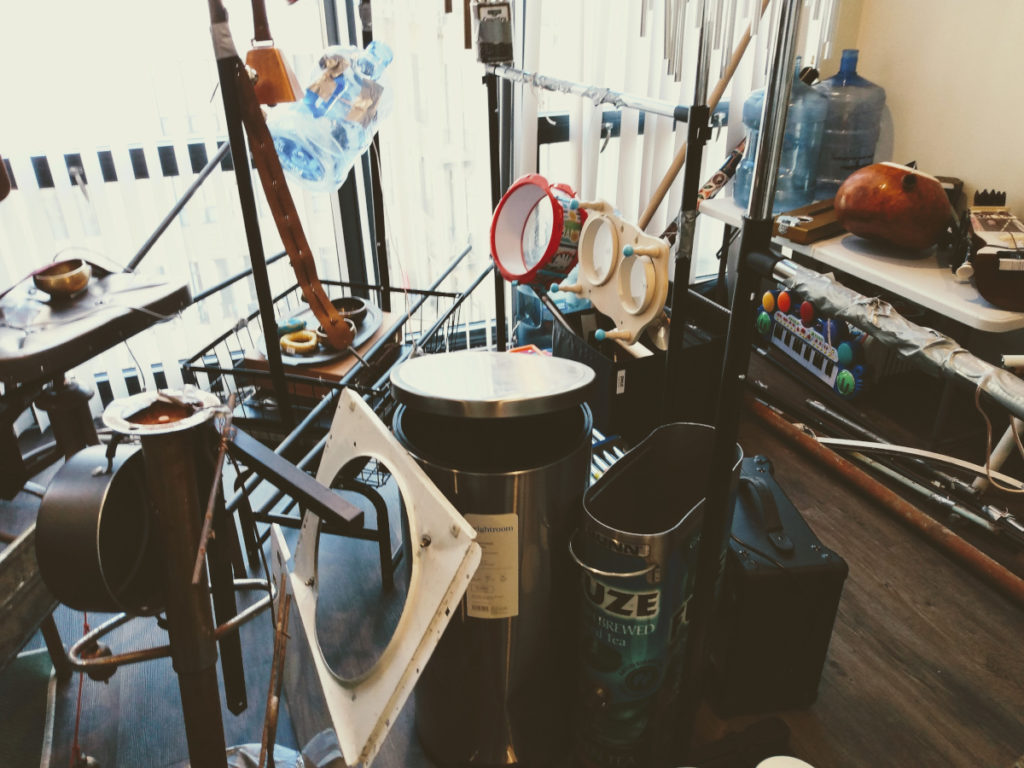
Expression is possible using almost any means of musical creation
I have written quite a bit of electronic music, and some has been generated, some sequenced, some performed. Each method produced different results, and each had pros and cons. Most of my early works were composed with a simple sequencing DAW, which enabled me to map out audio samples over time, and to alter their pitches and other aspects. This method, though quite flexible, was criticized by Brian Eno. He believed that musicians sequencing in this manner lost thought of the pieces as a whole. I did not agree, and proceeded sequencing for many years (and sometimes still do).
After over a decade of sequencing, I started to grow weary of the method. I had certain signature processes and certain tricks. I used them again and again. I wondered if there might be a way to expedite composing. Where workflow needs recur, there is a chance to use technology to make things more efficient.
I spent years using Python to create an application which takes audio samples (.WAV files), and applies randomness to sequence them. This application is essentially generative. It is system-based and does not rely on real-time performance. Using what I playfully named, “Robo-DJ,” I was able, for example, to create over 1000 House tracks in a day. I tested the limits of Robo-DJ, in terms of quantity and quality of compositions.
I was never sure if generating music in this way would produce worthwhile results. Though the process was simpler, on my end, the outputs varied. Some songs were quite nice. Many had aspects that made them barely if at all listenable. A fellow musician noted that all compositions generated this way tended to have at least one trait that a person would have had a hard time thinking of—that the code’s randomness function mixed in in a very odd and off-center way.
This music was conceptually interesting enough, and sounded ok. It was lacking in organic, physical or spiritual benefits. It very much reflected the power of the mind to conceptualize music. As a result, the Robo-DJ tracks were ideal, I felt, for a kind of filler, or ambient muzak. They would fulfill any need for large amounts of manufactured material, to pipe through offices or telephone lines while customers were on hold.
Improvised passages ::
A few years ago, I started recording live, improvised passages. I often mixed these with generative grooves. Piano melodies, sitar riffs, woodwind tones, and similar sounds supplemented my sound bucket. Where live and programmed parts interacted, I recognized a developing musical conversation. These songs better reflected contemporary life in that each contained process-based, often atmospheric mechanical qualities, and above and through them organic, expressive, organic ones.
Abstractions such as technical precision, tuning, and similar traits became less crucial the more live elements were used. A more Beethoven-ian aspect, where feelings were best conveyed using real expressions of musical sincerity, could be heard in later pieces. Beneath such aspects, the precise grid-like aspect of sequenced electronic music remained identifiable. Live music permeated rhythmic grooves, calling to mind the old Robert Heinlen book title, The Cat Who Walks Through Walls.
Looking back, I can trace an evolution in my composition methods. It is a kind of development that, while immersed in the processes, I would not have identified. I was never fond of admitting that there might have been more effective ways to write, and tended to defend whichever was my current mode.
For electronic musicians, questions of method can be very contentious. I express in this article my own opinions and do not intend to be evangelical about them. I also urge musicians to write using whatever means they choose and would suggest that means can affect results in a composition, but believe that some expression is possible using almost any means of musical creation.






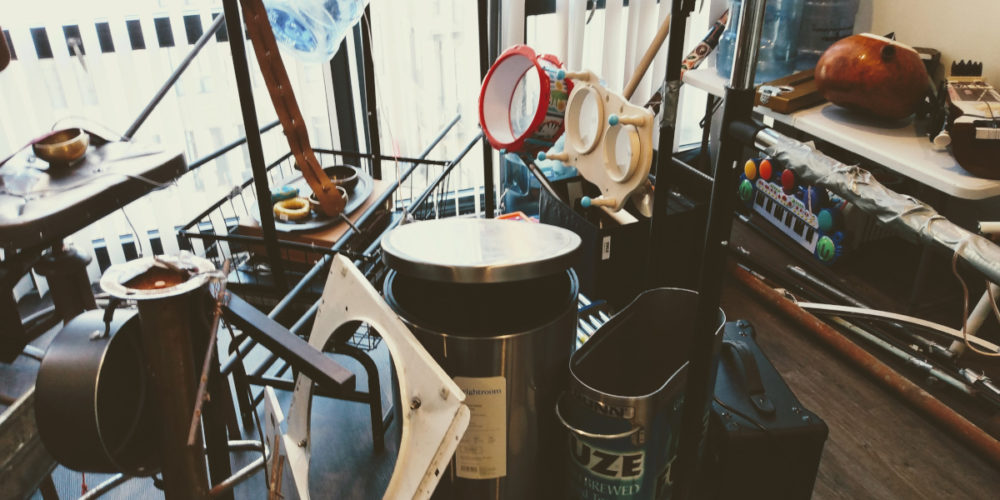

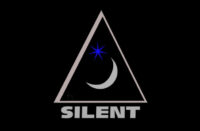

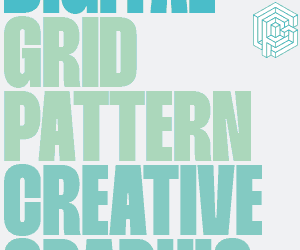
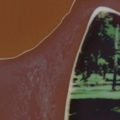
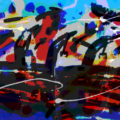
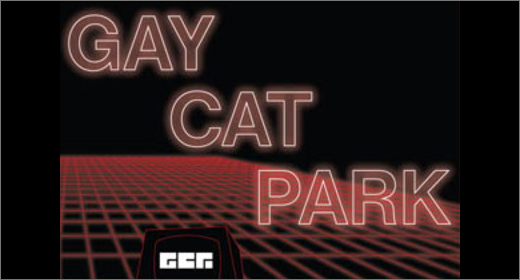
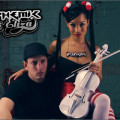
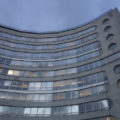



![Squaric :: 808 [Remixes] (Diffuse Reality) — [concise]](https://igloomag.com/wp/wp-content/uploads/2025/04/squaric-808-remixes_feat-75x75.jpg)







